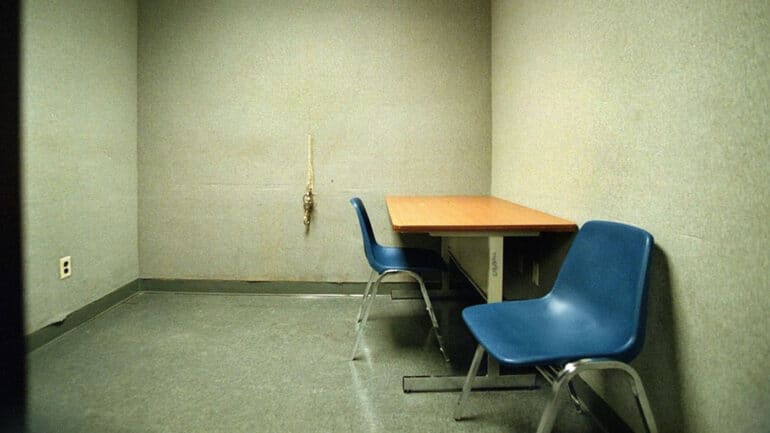In Australia, up to a third of wrongful convictions involve a false confession, driven in part by false memories of a crime, forensic psychologists reveal.
Forensic psychologist Dr Hayley Cullen said there are three types of false confessions. The three types include voluntary false confessions, coerced compliant confessions, and coerced, internalised false confessions.
Dr Hayley Cullen reveals the psychology behind what leads to false confessions and false memories on the Crime Insiders podcast:
The final type, Cullen said, “usually starts with the person knowing that they didn’t commit the crime, but confessing in order to escape that stressful situation. But over time, they start to internalise and believe that they actually committed the crime.”
“Those ones are really hard to prevent or to identify. Because the person has, in some ways developed a false memory of actually committing that crime,” she said.
Cullen told Crime Insiders about an American exchange student who was interrogated about the murder of one of her roommates. The student didn’t realise she was a suspect until the interrogation became coercive and intense.
“They were saying to her, no, no, that’s not right. Start again. That’s not what happened. Start again,” she said.
“It got to a point where through the questioning, through the constant doubting of her own memory, she started to adopt some of the information that the interviewers gave her.”
Hear about the three types of false confessions and how false memories have impacted real crime cases on Crime Insiders.
